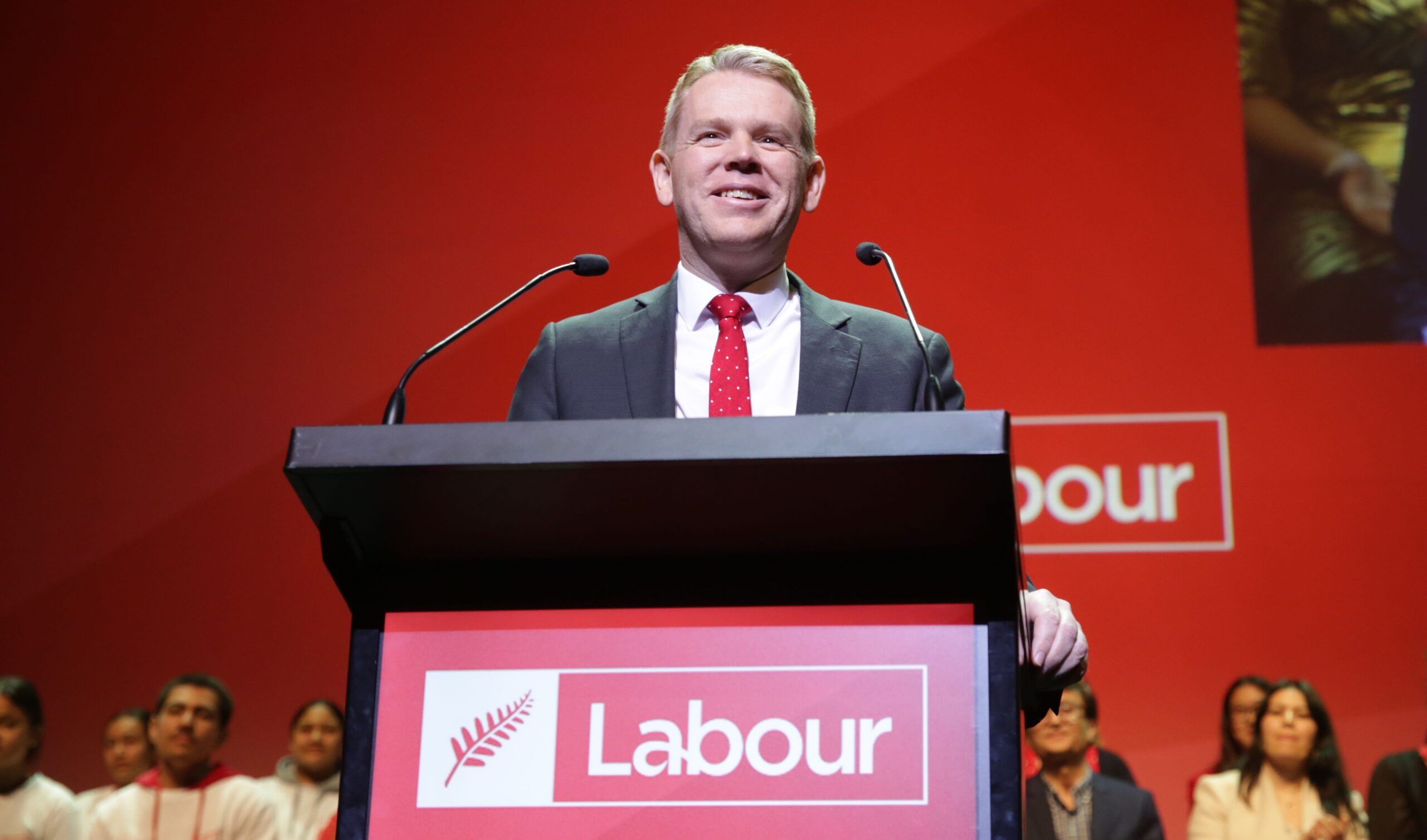Business
New Poll Reveals Growing Discontent with New Zealand Government

A recent RNZ-Reid Research poll indicates a growing sentiment among New Zealand voters who attribute the current economic struggles to the coalition government led by Prime Minister Chris Hipkins. The survey shows that a greater number of respondents blame the sitting government for the state of the economy than those who held the previous Labour government responsible. Hipkins acknowledges this shift in public perception while contending that senior Cabinet Ministers have previously attributed the financial difficulties to policies left behind by Labour.
During a press briefing, Hipkins emphasized the urgent need for economic reform. He stated, “We’ve got to get New Zealand investing in productive businesses, rather than just relying on the housing market going up in value in order to grow our economy.” This comment reflects a broader concern that the current reliance on property value increases is insufficient for sustainable economic growth.
Poll Insights Indicate Economic Concerns
The RNZ-Reid Research poll, conducted recently, highlights a pivotal moment for the ruling coalition. With more voters now blaming the government for economic woes, the Labour Party sees an opportunity to position itself as a viable alternative. Hipkins is expected to outline specific strategies aimed at revitalizing the economy, focusing on innovation and investments in productive sectors.
The poll data is significant, as it marks a shift in voter sentiment. Previously, the Labour government faced criticism for its handling of the economy, but this latest survey suggests that the electorate is now holding the current coalition accountable. The implications of this change could be substantial as New Zealand approaches the next election cycle.
Labour’s Response and Future Plans
In response to the poll findings, Hipkins reiterated his commitment to economic improvement. He stated that Labour would present a comprehensive plan to address the challenges facing New Zealand’s economy. This strategy may include incentives for businesses and a focus on sustainable growth through innovation and technology.
As the political landscape evolves, the Labour Party aims to regain the trust of voters who may feel disillusioned by the current government’s economic performance. Hipkins’ remarks highlight a crucial moment in New Zealand politics, where public opinion could significantly influence future policies and electoral outcomes.
The coalition government now faces mounting pressure to demonstrate effective economic leadership. With the Labour Party poised to offer alternative solutions, the coming weeks may reveal how these dynamics will shape New Zealand’s political and economic future.
-

 World3 months ago
World3 months agoTest Your Knowledge: Take the Herald’s Afternoon Quiz Today
-

 Sports3 months ago
Sports3 months agoPM Faces Backlash from Fans During Netball Trophy Ceremony
-

 Lifestyle3 months ago
Lifestyle3 months agoDunedin Designers Win Top Award at Hokonui Fashion Event
-

 Sports3 months ago
Sports3 months agoLiam Lawson Launches New Era for Racing Bulls with Strong Start
-

 Lifestyle3 months ago
Lifestyle3 months agoDisney Fan Reveals Dress Code Tips for Park Visitors
-

 World4 months ago
World4 months agoCoalition Forms to Preserve Māori Wards in Hawke’s Bay
-

 Health3 months ago
Health3 months agoWalking Faster Offers Major Health Benefits for Older Adults
-

 Politics3 months ago
Politics3 months agoScots Rally with Humor and Music to Protest Trump’s Visit
-

 Top Stories4 months ago
Top Stories4 months agoUK and India Finalize Trade Deal to Boost Economic Ties
-

 Entertainment3 months ago
Entertainment3 months agoExperience the Excitement of ‘Chief of War’ in Oʻahu
-

 World4 months ago
World4 months agoHuntly Begins Water Pipe Flushing to Resolve Brown Water Issue
-

 Science4 months ago
Science4 months agoNew Interactive Map Reveals Wairarapa Valley’s Geological Secrets









